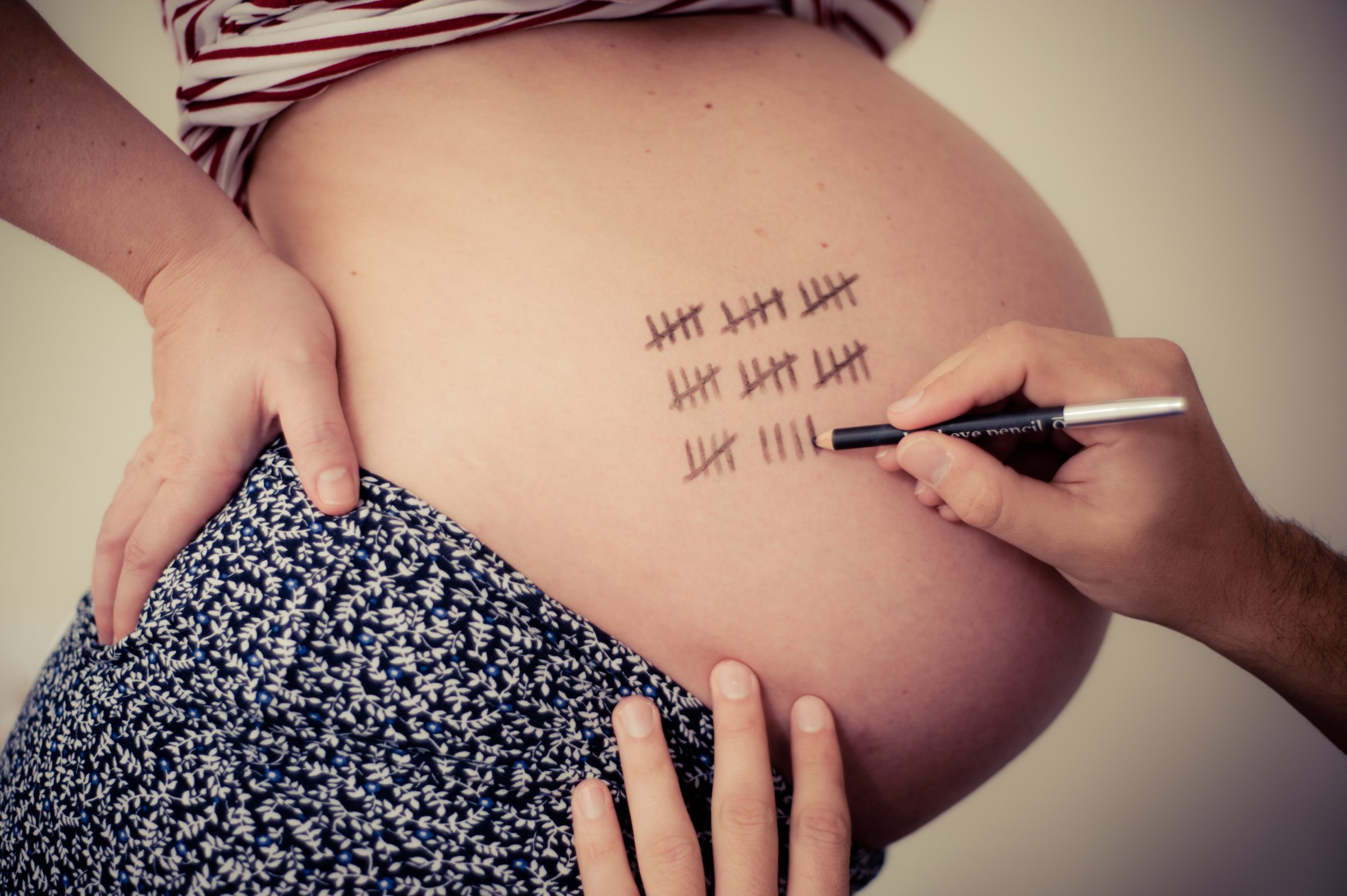
There’s growing interest in examining things we can’t even see in order to better understand our health. Millions of bacteria make our bodies their home and most of them are not of the disease-causing kind. Instead, they’re helpful—so-called “good bacteria”—and researchers are finding ever new and strange ways that our bacterial makeup may predict our health.
Researchers led by Dr. Kjersti Aagaard at the Baylor College of Medicine and Texas Children’s Hospital found that the placenta contains clues about when a pregnancy will end. Aagaard is not ready to say that the bacteria living there actually decide when moms-to-be will give birth, but the association is strong enough to make it worth studying further.
MORE: The Good Bugs: How the Germs in Your Body Keep You Healthy
She and her team collected 320 placentas from women who delivered pre-term (at 34-37 weeks), or at term, within an hour of delivery. They analyzed the tissues for the microbes inhabiting them, and compared what they found there to samples the women provided from other regions as well, including the mouth, nose, vagina, gut and skin.
They found that the makeup of the placenta microbial community was different between the pre-term and term groups. “We’re not suggesting that the differences in the placental microbiome necessarily cause pre-term birth; we don’t know,” says Aagaard. “All we know is that they are different.” At this point, they can only guess that the varying communities of bacteria have different functions, and these affect both the placenta’s ability to nurture the fetus and the development of the fetus itself.
MORE: The Latest Thing in Pills? Ones Made From Poop
Looking ahead, Aagaard says that even if a specific bacterial composition in the placenta appears to cause early delivery, it’s not practical nor safe to sample the placenta throughout pregnancy to find out. More benign would be sampling the bacterial makeup in the mouth, which are similar to those in the placenta, suggesting that down the line, a mouth swab may provide the same information.
“By focusing on oral health, we may actually be optimizing the health of the pregnancy and limiting the risk of pre-term birth,” says Aagaard. After paying so much attention to the more obvious ways to make a pregnancy healthy, it may be time to consider the less obvious – and less visible ones.
More Must-Reads from TIME
- Donald Trump Is TIME's 2024 Person of the Year
- Why We Chose Trump as Person of the Year
- Is Intermittent Fasting Good or Bad for You?
- The 100 Must-Read Books of 2024
- The 20 Best Christmas TV Episodes
- Column: If Optimism Feels Ridiculous Now, Try Hope
- The Future of Climate Action Is Trade Policy
- Merle Bombardieri Is Helping People Make the Baby Decision
Contact us at letters@time.com